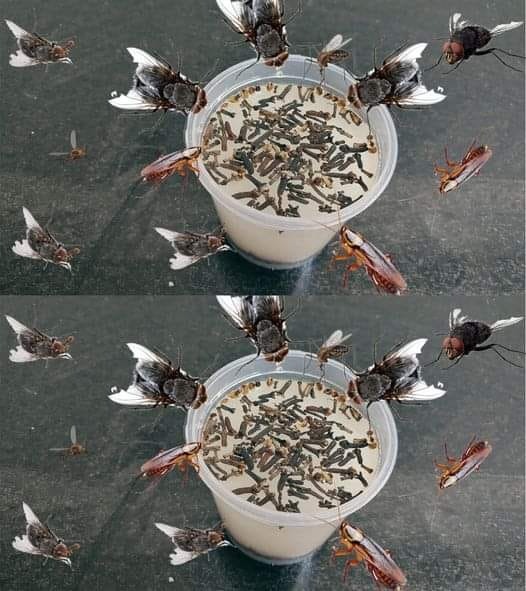Liver health plays a crucial role in overall well-being, as the liver is responsible for detoxifying the body, metabolizing nutrients, and supporting digestion. With the rise of natural remedies and holistic health practices, dried mint has emerged as an herb with potential benefits for liver health. Mint, traditionally known for its refreshing flavor and aroma, has been used for centuries in various cultures for its medicinal properties. But can dried mint truly support liver function? Let’s dive into how this herb might help keep your liver healthy.
The Role of the Liver in Your Health
The liver is one of the body’s most vital organs, performing essential functions like:
- Detoxification: Filtering toxins and waste from the bloodstream.
- Metabolism: Breaking down nutrients and converting them into energy.
- Storage: Storing glycogen, vitamins, and minerals for later use.
- Digestive Support: Producing bile, which aids in the digestion of fats.
A liver that’s functioning optimally helps to keep the entire body in balance. However, factors like poor diet, excessive alcohol consumption, and environmental toxins can place stress on the liver, leading to various health issues such as fatty liver disease, liver inflammation, and other chronic conditions.
How Dried Mint Supports Liver Health
Dried mint, or Mentha spicata, is packed with essential nutrients and compounds that may offer protective and healing benefits for the liver. Below are some of the key ways dried mint can support liver health:
1. Rich in Antioxidants
Mint, both fresh and dried, is a rich source of antioxidants, particularly flavonoids like rosmarinic acid. Antioxidants help neutralize free radicals in the body, which can damage cells and lead to liver inflammation and disease. By reducing oxidative stress, antioxidants in dried mint help protect liver cells from damage and promote detoxification.
2. Aids in Digestion and Reduces Bloating
Mint is well-known for its ability to support digestive health. It helps stimulate bile production, which is essential for the breakdown and absorption of fats. When the liver produces adequate bile, it can improve overall digestive function. For people with liver conditions such as fatty liver disease, boosting bile production can support smoother digestion and alleviate symptoms like bloating and indigestion.
Additionally, mint has carminative properties, which means it can help reduce bloating, gas, and discomfort in the digestive tract. This is beneficial for liver health, as a sluggish digestive system can lead to toxins accumulating in the body, burdening the liver.
3. Supports Detoxification
The liver is the body’s detox center, and mint may provide gentle support in this area. Dried mint has mild diuretic properties, promoting the elimination of toxins through urine. By stimulating the kidneys and encouraging detoxification, mint can indirectly assist the liver in its detox processes. This can help reduce the liver’s burden and support its natural cleansing functions.
4. Anti-Inflammatory Properties
Chronic inflammation is a common cause of liver damage and can lead to conditions like non-alcoholic fatty liver disease (NAFLD). The anti-inflammatory compounds found in dried mint—such as menthol and rosmarinic acid—can help reduce inflammation within the liver. By calming inflammation, dried mint may contribute to healthier liver tissue and improved overall liver function.
5. Supports Liver Repair and Regeneration
Emerging research suggests that compounds in mint may promote liver repair and regeneration. One study found that mint extract had hepatoprotective effects, helping to regenerate liver tissue in cases of damage. While more research is needed, this is an exciting potential benefit for those dealing with liver stress or mild liver conditions.
How to Incorporate Dried Mint into Your Routine
Dried mint is incredibly versatile and can be easily incorporated into your daily diet. Here are some simple ways to enjoy its benefits for liver health:







